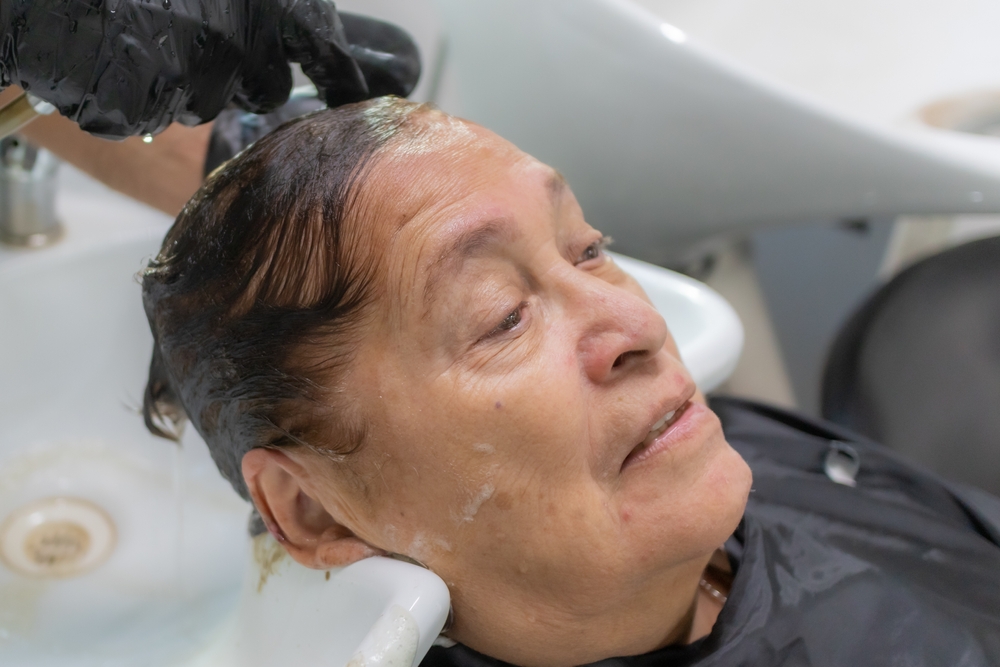Involuntary Grunting in Elderly Adults: What’s the Cause?
Category:

An elderly person making grunting noises might be doing it for a thousand different reasons. In fact, vocally disruptive behavior is a trait found among as many as 40% of nursing home residents. It can be a consequence of dementia. It can also be a consequence of movement disorders like progressive supranuclear palsy, tic disorders like Tourette syndrome, neurodegenerative syndromes like Huntington’s disease, or metabolic disorders like Wilson’s disease.
In short, involuntary vocalizing can originate from an enormous range of potential problems. And that’s part of the reason it’s a good idea to discuss these behaviors with a physician as they emerge, especially if they develop suddenly.
Treatment for Elderly Grunting Noises
Involuntary grunting noises can even be irritating – sometimes even to the person making the noise. Treatment will depend on the root cause, but in many cases, there are excellent options. For instance, behavioral therapy might be used for vocal tics, physiological reflexes, and other sources of continual grunting. There are also pharmacological approaches to alleviating involuntary grunting noises, which might include things like antidepressants, antipsychotics, cannabinoids, and other psychoactive drugs.
Outside of formal behavioral therapy, communicating with your loved one about the noise they’re making is often a good start. They may or may not be aware they’re making it, and you might find they can make an effort to control it. For instance, many anecdotal cases have reported success at voluntarily suppress groaning with the practice of breathing techniques.
But again, it’s important to understand the source of the noise. If the grunting takes the form of a repetition of sounds or phrases, that could be a form of echolalia. In autistic adults, this is normal self-regulative behavior. But reemergence or persistence of echolalia in a neurotypical adult could be suggestive of anything from brain damage to autoimmune disorders, which is why it’s a good idea to keep your doctor aware of the emergence of these types of behaviors.
When it comes to patients with dementia, addressing grunting behavior can be uniquely challenging. But if the noise stops during certain activities, it could be a sign of pain, indicating anything from poorly fitting dentures to a simple rash. And that can require intervention.
Living with Elderly Grunting
At the end of the day, constant grunting in elderly folks can’t always be helped.
Many kinds of grunting behavior can’t be helped. In some cases, there’s no better solution than an inexpensive pair of earplugs. But communicating with your family doctor and your loved ones can help you determine your best options for solving the problem.
Subscribe
Date: 2021-11-16
Category:


